Are you ready to take your academic journey to the next level? Setting clear study goals is essential for staying focused and motivated as you pursue your educational aspirations. In this article, we'll explore effective strategies to articulate your study goals, ensuring you embark on a path that leads to success. So, grab your favorite notebook and let's dive deeper into crafting your personalized study roadmap!

Clarity and Specificity
Articulating study goals requires clear and specific objectives to enhance focus and achievement. Setting measurable targets like completing five chapters of advanced calculus by the end of the month ensures accountability. Utilizing techniques such as the SMART criteria (Specific, Measurable, Achievable, Relevant, Time-bound) can refine goal-setting. For instance, a goal might specify mastering complex integrals within two weeks, dedicating at least five hours weekly to study. Creating a timeline with milestones fosters motivation and tracks progress. Tools like study schedules or digital applications can assist in maintaining organization and prioritizing tasks effectively, ensuring that academic objectives are met systematically.
Measurable Objectives
Establishing measurable objectives is crucial for achieving academic goals, particularly for students, like undertaking a Bachelor's Degree in Environmental Science. Specific objectives such as maintaining a cumulative GPA of 3.5 or higher (on a 4.0 scale) would indicate consistent performance across coursework. Setting a target of completing at least three internships with organizations like the World Wildlife Fund or local environmental agencies within four years can provide practical experience, which is essential for enhancing employability. Participation in two research projects focused on climate change is another measurable objective that contributes to a strong portfolio. Additionally, attending at least five professional conferences related to sustainability over the duration of the degree can facilitate networking and knowledge acquisition in the environmental field. These objectives not only guide academic success but also prepare students for future roles in ecological conservation and research.
Relevance and Importance
Studying environmental science is critical for addressing climate change challenges. The global average temperature has risen by approximately 1.1 degrees Celsius since the late 19th century, primarily due to increased carbon dioxide levels from human activities. Understanding complex concepts such as ecosystems, biodiversity, and sustainable practices enables individuals to contribute meaningfully to preservation efforts. Events like COP26, which unite nations to forge agreements on climate action, highlight the urgency for informed expertise in this field. Institutions like the University of California, Berkeley, provide the tools and knowledge necessary to develop innovative solutions for environmental protection and sustainability. As future leaders, educated individuals can influence policy, boost public awareness, and implement effective strategies to mitigate environmental degradation.
Time-bound Milestones
Establishing time-bound milestones for academic objectives enhances focus and achievement. For instance, completing a research paper on climate change impacts by April 15, 2024, allows for structured research phases including data collection by February 28, 2024. Enrolling in a statistics course by the start of the fall semester on September 1, 2023, can provide essential analytical skills, with a goal of achieving a passing grade by December 15, 2023. Setting weekly study hours, such as dedicating three hours every Monday and Wednesday evening, can ensure consistent progress towards passing all courses by the end of the academic year on May 30, 2024. Regular evaluations, perhaps bi-weekly reviews every other Sunday, will measure progress and adapt strategies as needed.
Personal Motivation and Commitment
Setting clear study goals can greatly enhance personal motivation and commitment to academic success. Establishing specific objectives, such as achieving a certain GPA (Grade Point Average) like 3.5 or higher, can provide a measurable benchmark for progress. Identifying personal reasons for pursuing education, whether it is to transition into a desired career field, such as healthcare or technology, or to gain expertise in a subject area like environmental science, can deeply influence dedication levels. Regularly revisiting these goals, perhaps through weekly reflections or monthly assessments, helps maintain focus on the desired outcomes. Additionally, engaging in supportive study groups and utilizing resources from educational institutions, such as tutoring centers or workshops, can enhance commitment and accountability.

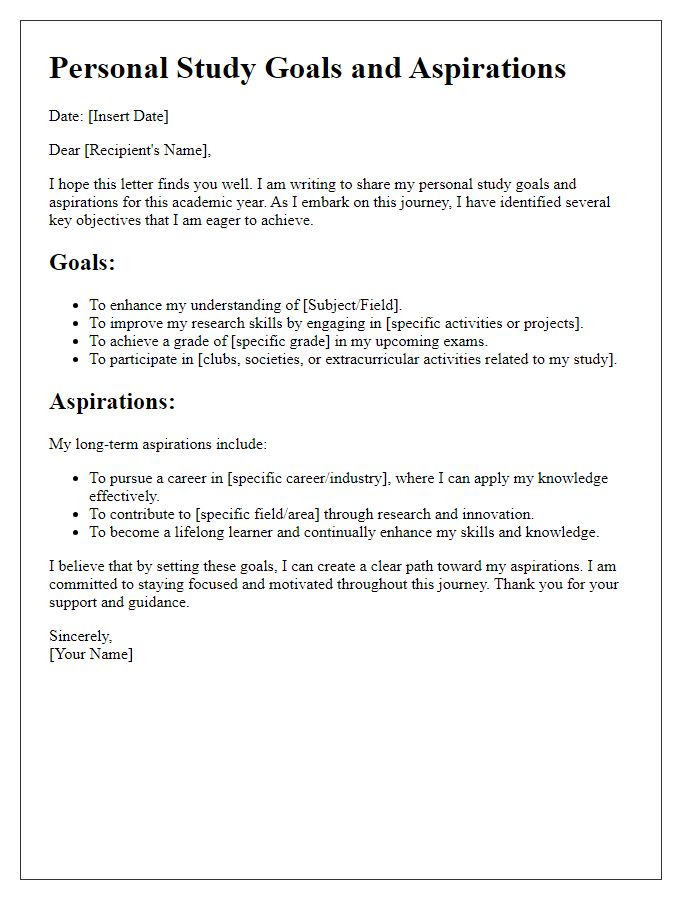
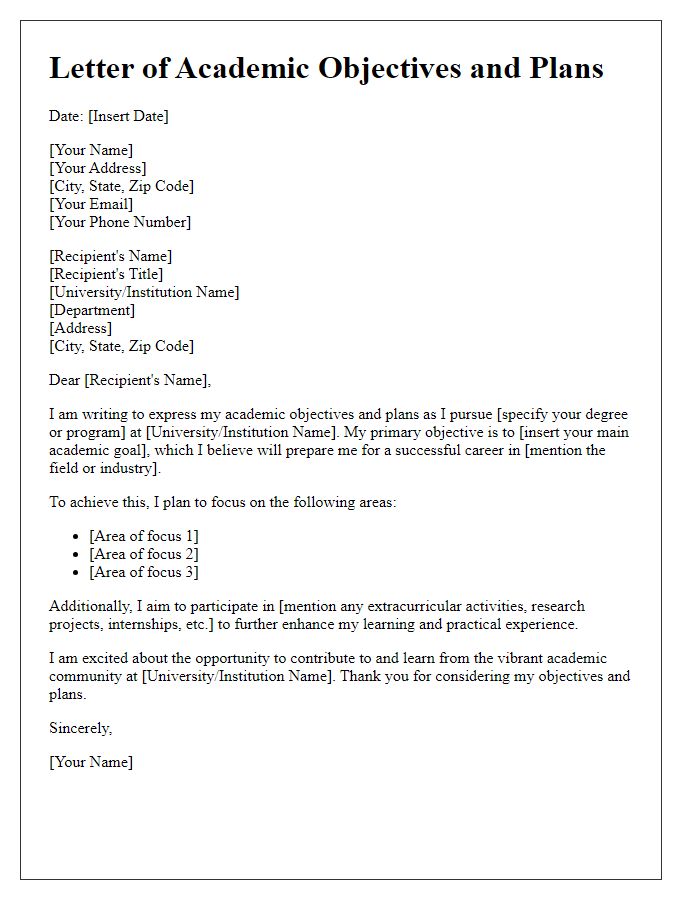
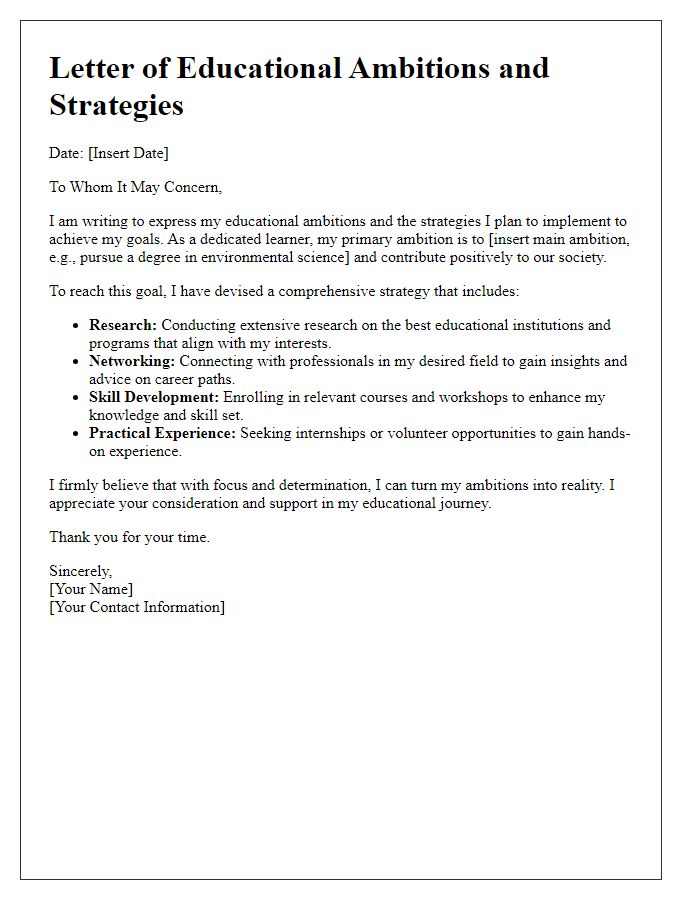
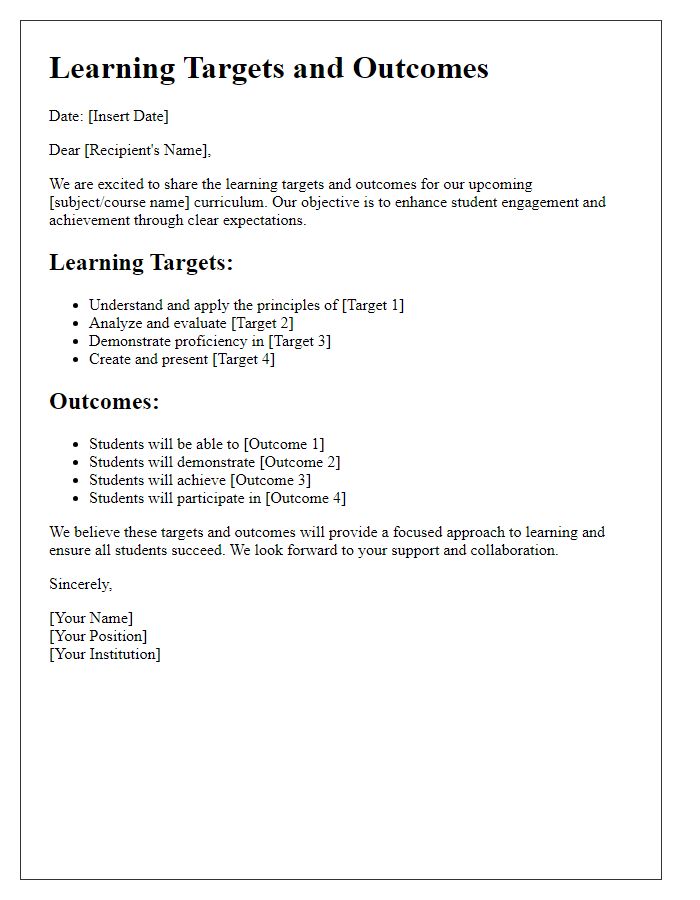
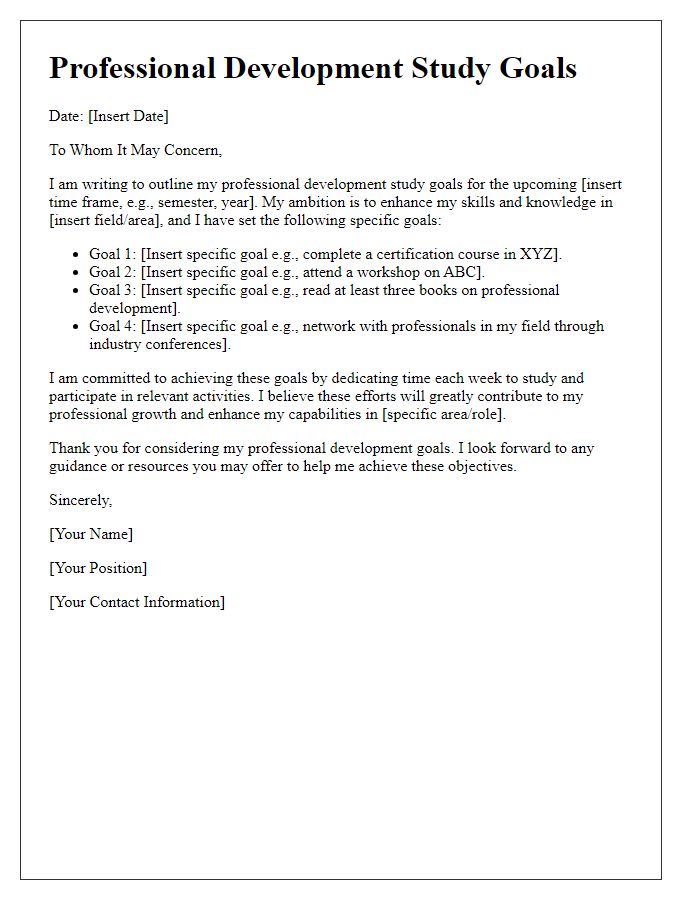
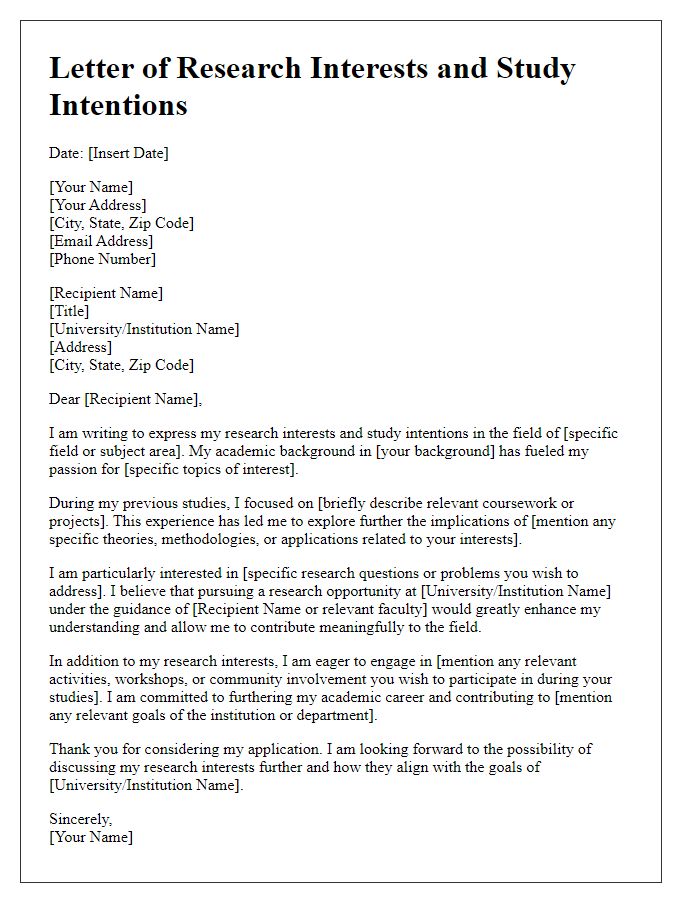
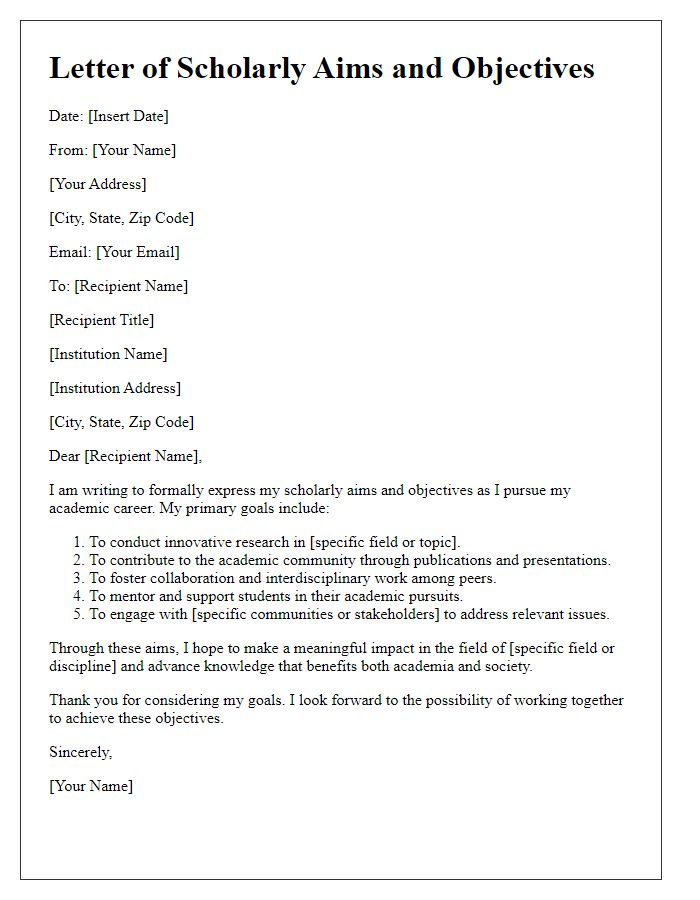
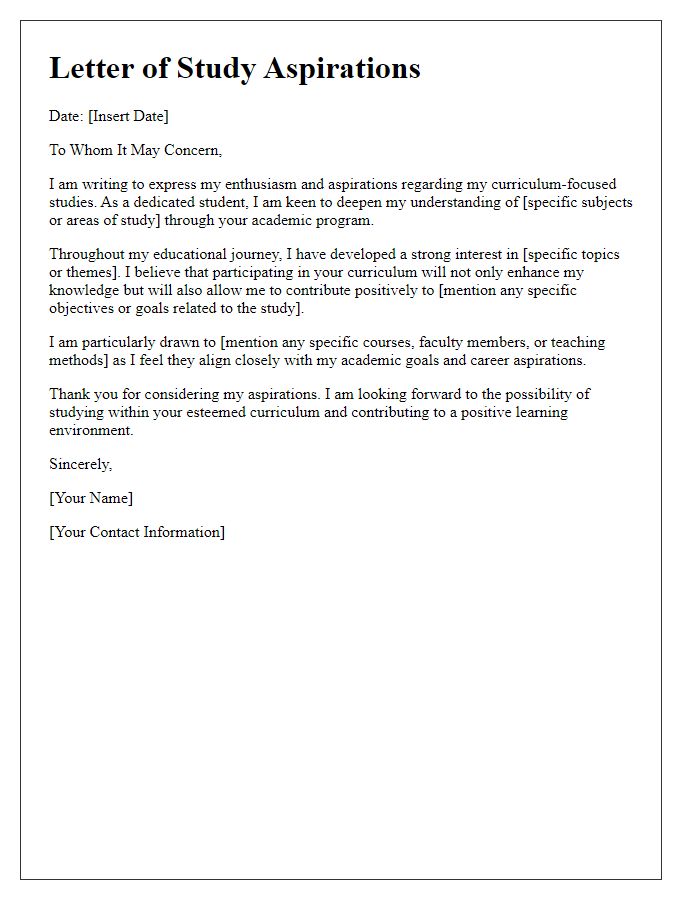
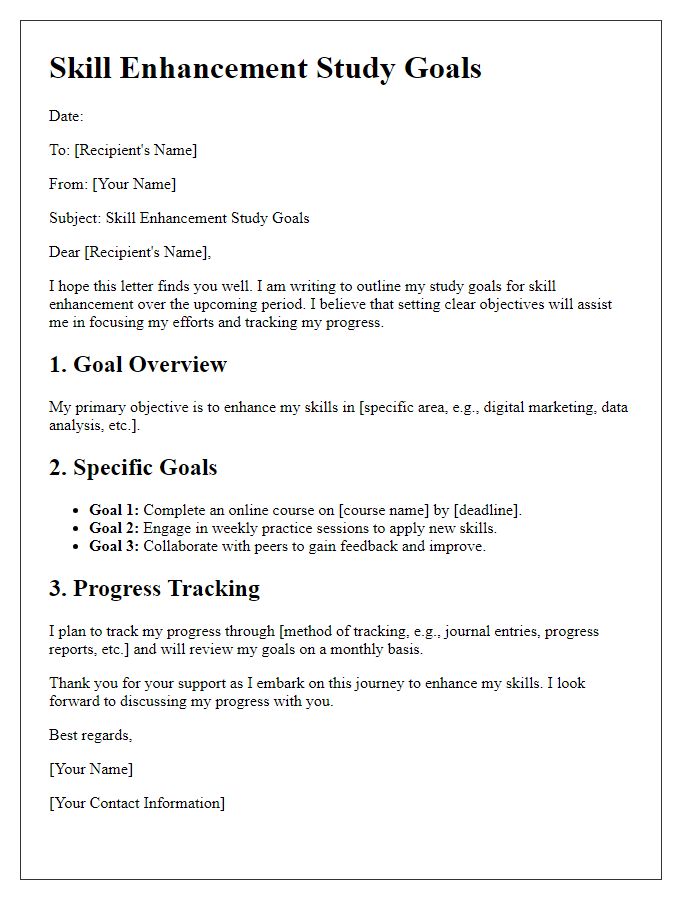
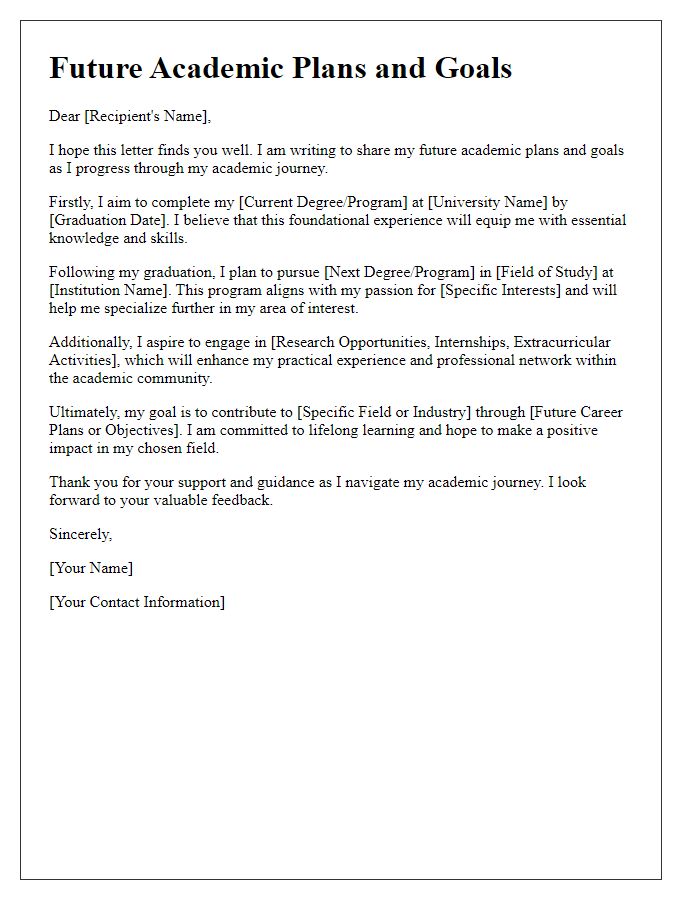


Comments